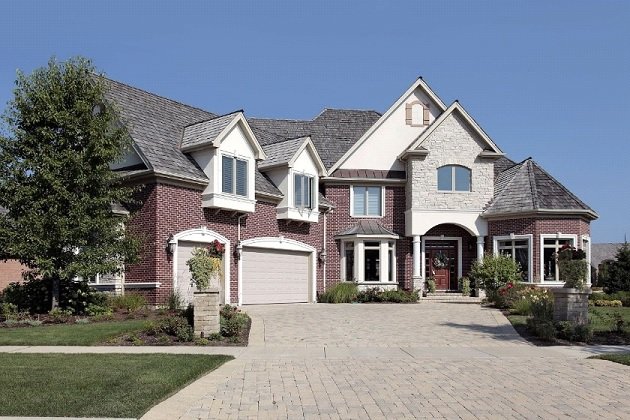As temperatures rise, air conditioner problems in your home can feel like worst case scenarios. As a homeowner, you may dread any hiccup in your HVAC system’s performance because you don’t feel sure of the severity of the issue.
In some cases, air conditioner problems can be resolved through expert repairs or routine maintenance. However, certain symptoms, especially during the peak season, can point to impending system failure and the need for replacement.
In this blog, we list seven common warning signs that your air conditioner has become so old, outmoded, or damaged that you will likely need to upgrade soon.
1. Constant Repairs
When your air conditioning system is in good working order, you should need an annual tune-up and a few other routine service calls over the course of the year. Unless an emergency occurs, a well-maintained air conditioner should require only minimal repairs that can typically be handled during these service visits.
If you have to call in an expert numerous times during the warm months to fix issues, the system may be on its last legs. In rare cases, you may still have the option to repair the unit. However, upgrading right away will likely save you money in the long run because you won’t have persistent repair costs.
2. Excess Cooling Costs
In addition to the costs of constant repairs, a failing air conditioning unit will likely increase your monthly utility costs as well. If your electricity bills seem particularly high during the summer, compare this year’s bills to previous years as far back as possible.
As air conditioning units age, they become less efficient. This inefficiency may be evident in a slow but steady climb in cooling costs.
3. Extended Cooling Times
When you switch on your air conditioner, you expect to feel a rush of cool air lowering the temperature of your home fairly quickly. In particularly hot weather, it may take longer for you to notice a significant difference.
However, if your air conditioner seems to take several hours to decrease the temperature even a few degrees, the unit may need replacement. Have a professional troubleshoot to ensure that low coolant or another minor issue isn’t the source of the problem, but prepare yourself for the likely possibility of needing a replacement.
4. Extreme Age
Like any home appliance, your air conditioner has an expected lifespan. Once your air conditioner reaches this age, you can expect more frequent repairs and less efficiency until you upgrade.
The lifespan of your system depends on the model and may be significantly different depending on when you invested in the system. Older air conditioners have much shorter lifespans than today’s models. Unfortunately, this fact means that the older your unit is, the more likely age is a factor in your summertime problems.
5. Frequent Cycling
The period of time from when your air conditioner turns on to when it turns off automatically because the room reaches the desired temperature is known as a cycle. When your air conditioner is in good condition, cycle length varies according to the thermostat readings.
When air conditioners begin to fail, however, the units often begin to cycle frequently. If you notice that the system turns itself on and off frequently without doing an adequate amount of cooling, the air conditioner may have a serious issue that calls for a replacement.
6. Hissing Noises
Air conditioners, even units in good condition, can be noisy when they run. However, certain noises should cause you more concern than others. If you notice that your air conditioner makes a hissing sound when in use, have the system assessed as soon as possible.
Hissing noises often result from ductwork issues. When ducting problems are left unaddressed, they can put stress on the unit and cause a breakdown and necessitate replacement.
7. Reduced Indoor Air Quality
The best way to keep your treated air clean and crisp is to have your air conditioner filter changed as recommended by the manufacturer or by your trusted HVAC technician. However, when a unit begins to fail, you might notice a sudden decrease in indoor air quality that replacement filters can’t fix.
This decreased indoor air quality may manifest as unpleasant smells, increased allergy symptoms, more frequent respiratory illnesses, or large quantities of visible airborne particles near your vents or returns. In some cases, a cleaning can solve these issues, but often air quality decreases due to system-wide failures.
If you notice any combination of the warning signs listed above, have your air conditioner evaluated by an HVAC technician. Consult with your HVAC technician to determine which new air conditioning system is right for your home. Your technician can help you find a quality system that will help you save on energy costs and increase your air quality.
For comprehensive HVAC services, including air conditioner installation, trust the experienced team at Advanced Heating & Cooling.


